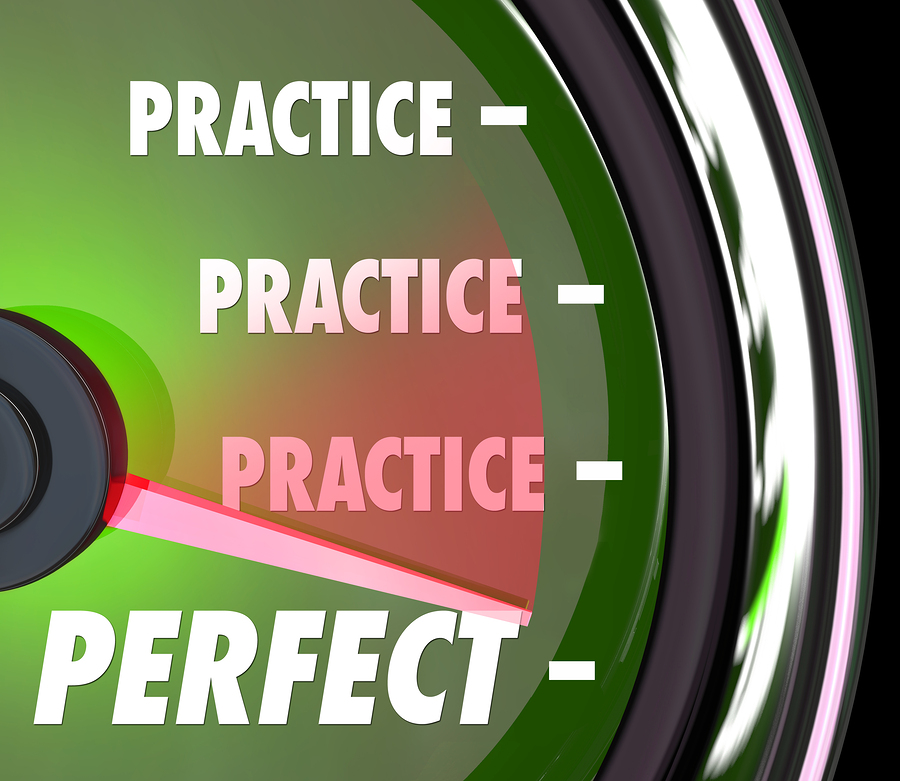I was chatting with a reader the other day who told me about an advertisement she’d received about a new book.
She said, “I read the sample, but then the author said that Black-eyed Susans bloomed in May, but they don’t bloom until August. I didn’t buy the book.”
“Did you like the story otherwise?” I asked.
“Yes.”
“But you’re not going to buy the book?” I’m sure my tone registered surprise.
“No. I just couldn’t get over the Black-eyed Susans being wrong.”
I just entered the phrase, “When do black-eyed Susans bloom” in my search engine. In response I was greeted with a box saying “From June to October” in huge letters.
That’s all the author needed to do to keep from making this error.
My point? You never know what might keep a reader from either finishing your book or simply not buying it to start with. But let’s at least do our best to make our books as error-free as possible.
Your turn:
Have you stopped reading a book because of what might be considered a minor error?
If you found an error in a book, would you notify the author or publisher? Why or why not?
If your book had an error after printing, would you want a reader to tell you?











